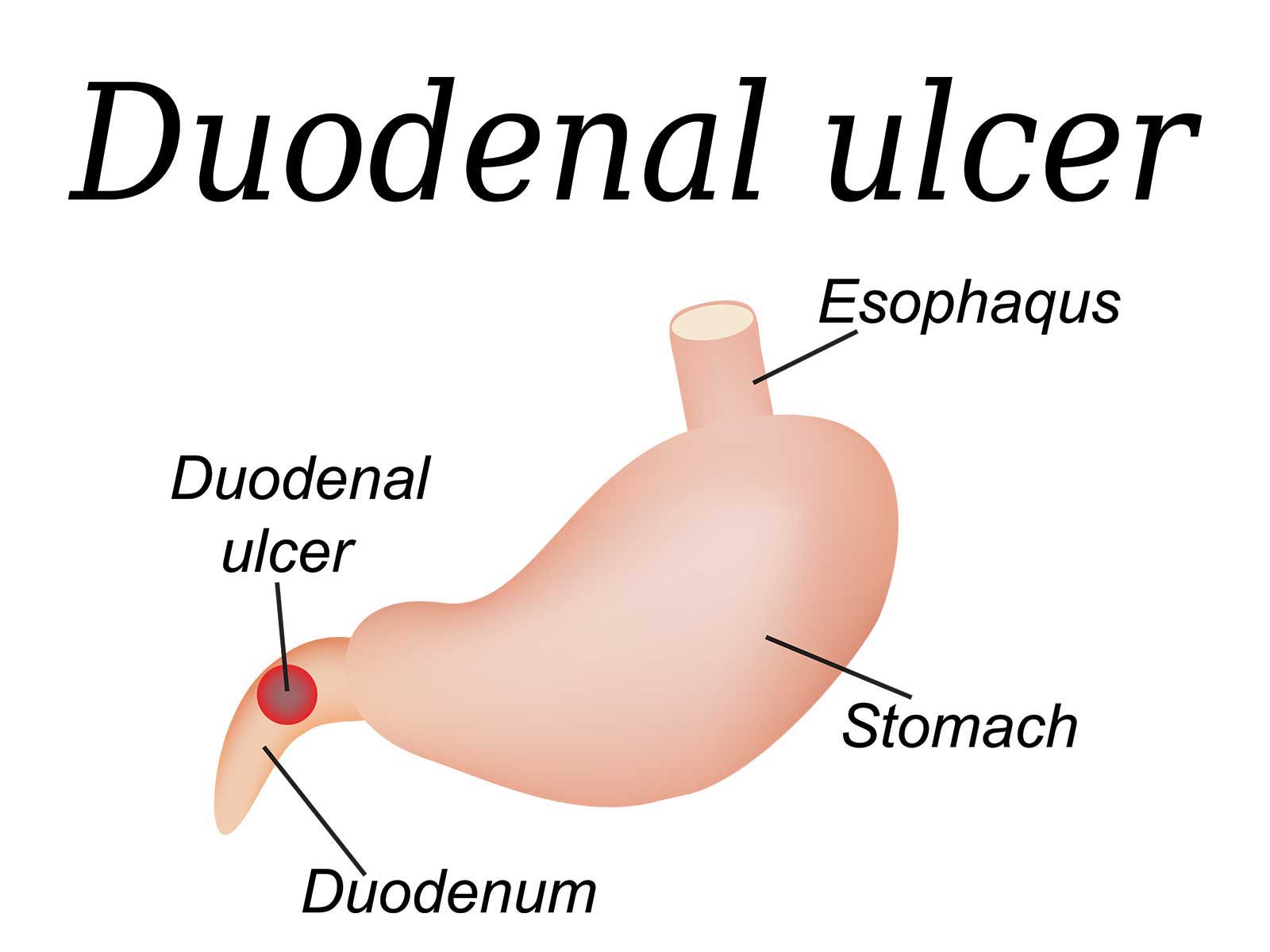At GastroDoxs, our highly skilled team is dedicated to providing a thorough and precise approach to diagnosing and treating difficulty swallowing (dysphagia).

At GastroDoxs, our highly skilled team is dedicated to providing a thorough and precise approach to diagnosing and treating difficulty swallowing (dysphagia).

Our expert team uses advanced diagnostic techniques to identify the causes and provide tailored treatment plans to manage your symptoms and improve your digestive health

At GastroDoxs, we specialize in diagnosing and treating a wide range of gastrointestinal disorders, including duodenal polyps.

At GastroDoxs, we specialize in diagnosing and treating a wide range of gastrointestinal disorders, including duodenal ulcers.

At GastroDoxs, we specialize in diagnosing and treating a wide range of gastrointestinal disorders, including duodenitis without bleeding.

Dyspepsia, commonly known as indigestion, is a persistent discomfort or pain in the upper abdomen.

At GastroDoxs, we specialize in diagnosing and treating dysphagia with a comprehensive and patient-focused approach.

At GastroDoxs, we specialize in diagnosing and treating a wide range of gastrointestinal disorders, including early satiety.

At GastroDoxs, we specialize in diagnosing and treating a wide range of gastrointestinal disorders, including epigastric pain.

At GastroDoxs, we specialize in diagnosing and managing various causes of abnormal weight loss with a comprehensive, patient-focused approach.

At GastroDoxs, we specialize in diagnosing and treating a wide range of gastrointestinal disorders, including eructation, commonly known as belching.

At GastroDoxs, we specialize in diagnosing and treating a wide range of gastrointestinal disorders, including esophageal ulcers.
Gastrointestinal (GI) conditions include acid reflux (GERD), irritable bowel syndrome (IBS), Crohn’s disease, ulcerative colitis, celiac disease, constipation, diarrhea, and more. Our specialists diagnose and treat a wide range of digestive disorders.
If you experience frequent symptoms such as bloating, abdominal pain, acid reflux, constipation, or diarrhea, it’s recommended to see a gastroenterologist for evaluation and diagnosis.
You should consult a gastroenterologist if you experience persistent digestive issues, blood in stool, unexplained weight loss, severe abdominal pain, or difficulty swallowing.
Common diagnostic procedures include endoscopy, colonoscopy, stool tests, breath tests, imaging scans (CT/MRI), and lab work to assess digestive function.
Some GI conditions, like Crohn’s disease, ulcerative colitis, and celiac disease, have genetic components, meaning they can run in families. However, environmental and lifestyle factors also play a role.
Maintaining a healthy diet, staying hydrated, exercising regularly, managing stress, and avoiding smoking and excessive alcohol consumption can help prevent digestive issues.